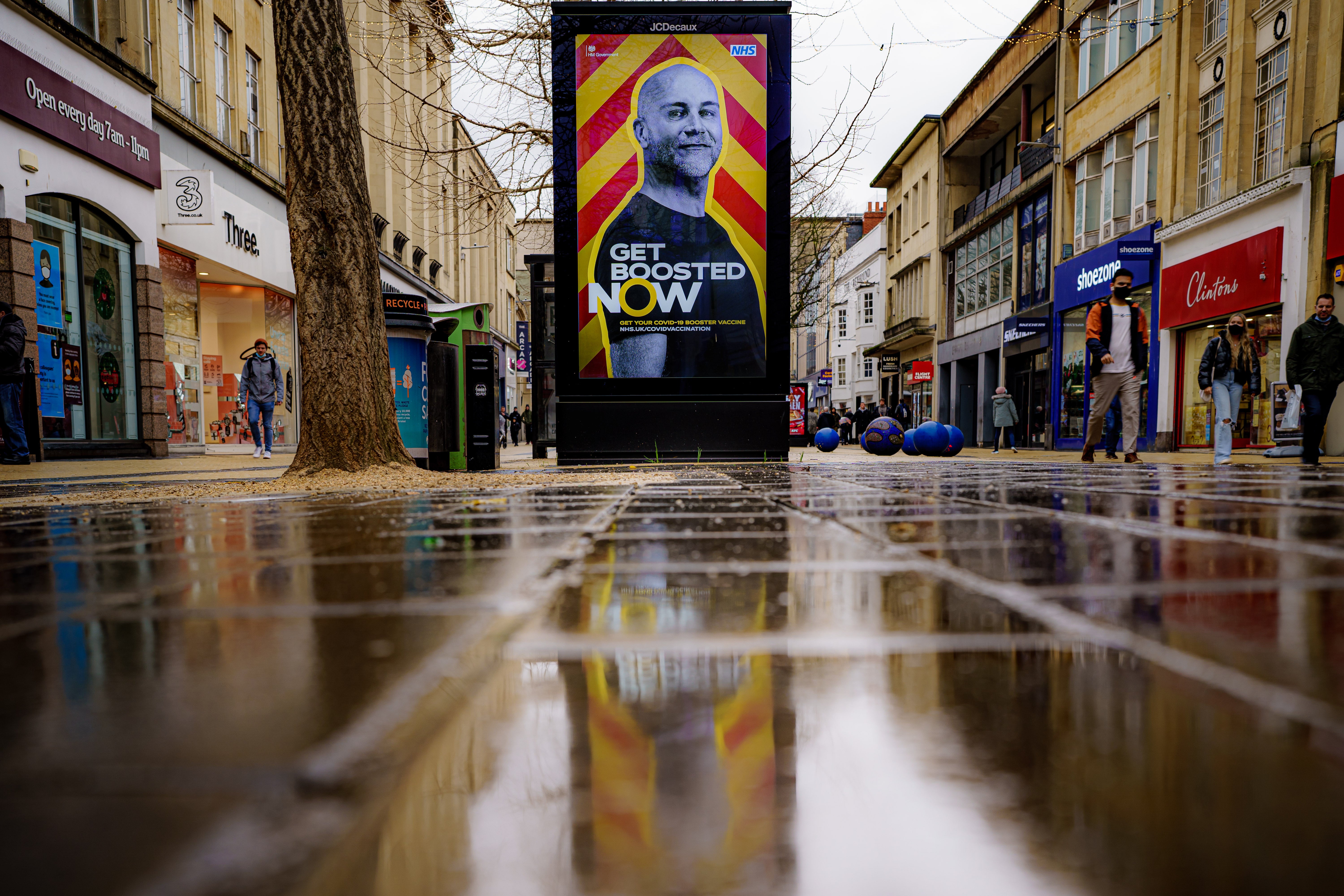Relaxation of testing rules won’t save UK businesses from omicron surge, industry leaders warn
Worker absences surge as estimated 1 million people self-isolate amid rise in Covid case numbers

Your support helps us to tell the story
From reproductive rights to climate change to Big Tech, The Independent is on the ground when the story is developing. Whether it's investigating the financials of Elon Musk's pro-Trump PAC or producing our latest documentary, 'The A Word', which shines a light on the American women fighting for reproductive rights, we know how important it is to parse out the facts from the messaging.
At such a critical moment in US history, we need reporters on the ground. Your donation allows us to keep sending journalists to speak to both sides of the story.
The Independent is trusted by Americans across the entire political spectrum. And unlike many other quality news outlets, we choose not to lock Americans out of our reporting and analysis with paywalls. We believe quality journalism should be available to everyone, paid for by those who can afford it.
Your support makes all the difference.A huge rise in Covid case numbers is forcing British firms to close or cut hours due to a lack of staff and changes to testing rules will do little to help, business groups have warned.
Economists forecast that Covid's rapid spread will cause the UK economy to shrink by 1 per cent in December and January, with one million people estimated to be self-isolating this week.
Boris Johnson announced on Wednesday that people who receive a positive lateral flow test result will no longer need to have a PCR to confirm their status, while self-isolation has also been cut from 10 days to seven.
However, businesses fear that the changes will have only minimal positive impact.
Mike Cherry, national chair of the Federation of Small Businesses (FSB) said many firms were having to reduce their hours, or close altogether, because of high levels of sick and self-isolating staff.
"After a tough festive season, it’s not the start to the year that anyone wanted to see, especially with debt levels and input prices rising," he said.
“The changes to the rules around testing are likely to be of limited effectiveness in terms of keeping businesses running, with constraints to the supply of lateral flow tests a more immediate concern for small businesses.
Mr Cherry called on government to reintroduce a workplace testing scheme for key workers which closed in July last year.
The FSB also wants reopening of schools to be prioritised to ensure that parents and carers don’t have to choose between work and childcare commitments.
Mr Cherry added: “A grant to help smaller firms install ventilation would help them become more Covid secure, while looming tax hikes and increases to VAT and business rates should surely be reconsidered.”
Bus and coach operators are reporting absences running at double their normal rate, with one in 12 staff currently not at work. Train operators report an even higher level of absence, with around one in 10 workers currently away from work.
Tom Bartošák-Harlow, spokesperson for the Confederation of Passenger Transport, said that, despite staff problems, disruption is not widespread and the "vast majority" of services are still running.
"Where operators are having to make changes they are focusing on reducing services on high frequency routes, so for example making a every 10 minute service every 12 or 15 minutes, as this causes the least amount of disruption.
"The impact is much greater if changes are made to routes that have a bus every 30 minutes, for example."
Health services are under greatest strain, with more than 117,000 NHS staff - 10 per cent of the workforce - currently off sick or self isolating.
Stephen Chandler, president of the Association of Directors of Adult Social Services (Adass), said providers across England were reporting absences of between 5 per cent and 10 per cent of their workforce.
Mr Chandler told the PA news agency that some vulnerable people were not being helped to go to day centres, go shopping or carry out other activities because of staff shortages.
Retailers have been struggling to keep shelves fully stocked due to worker shortages in supply chains. Iceland reported that 11 per cent of its workforce were self-isolating.
Helen Dickinson, chief executive at the British Retail Consortium, said rising absence rates due to self-isolation would be "increasingly difficult to sustain".
“Staff absences continue to rise in line with rising Covid cases, however the overall situation remains manageable throughout the supply chain. Retailers are monitoring the situation closely."
Self-isolation and people's fears about the omicron variant are expected to hold back the UK economy over the first three months of the year.
"Even if no new formal restrictions are imposed, the UK economy won’t get away scot-free," said Adam Hoyes, economist at Capital Economics.
"Consumer caution appears to have weighed on activity in certain sectors in December, and that is likely to continue to some extent in January."
Mr Hoyes forecasts the UK economy will shrink by 1 per cent in December and January but - if omicron case numbers fall as quickly as they rose - this will be recouped in February and March.
Join our commenting forum
Join thought-provoking conversations, follow other Independent readers and see their replies
Comments